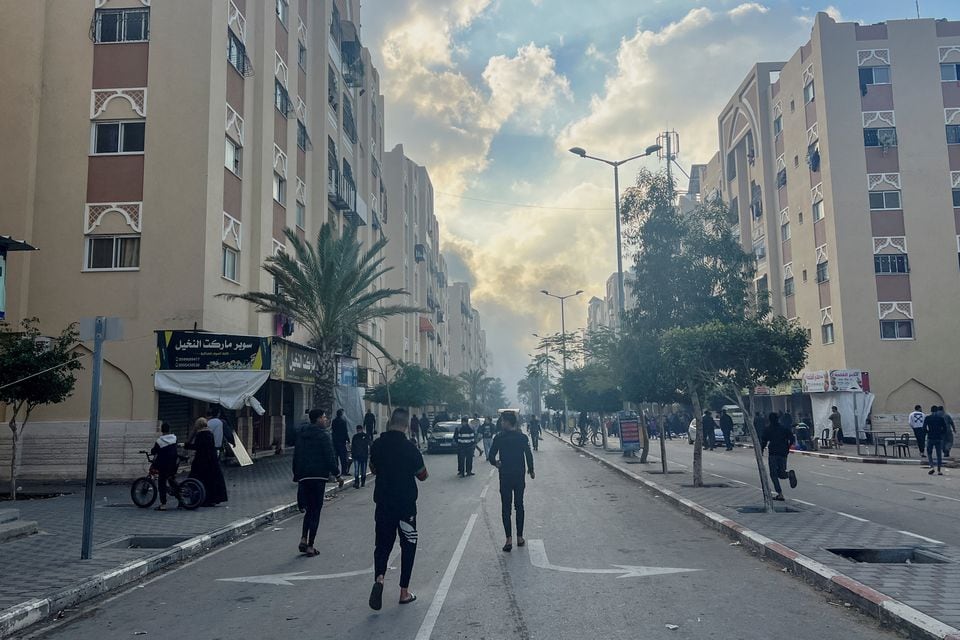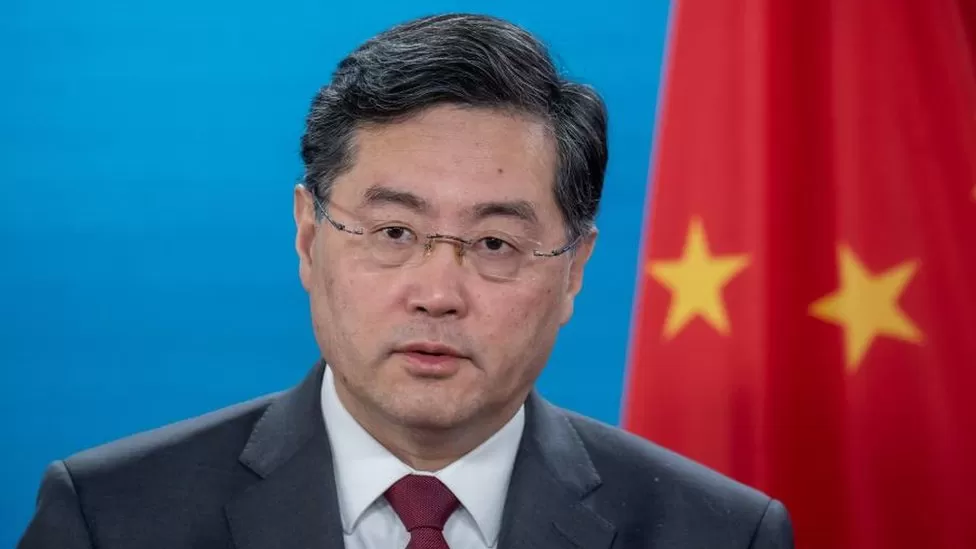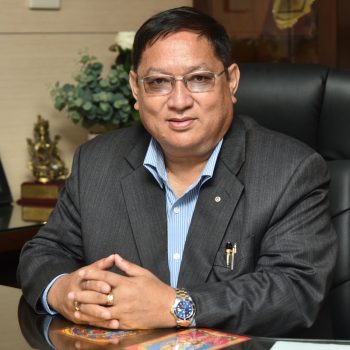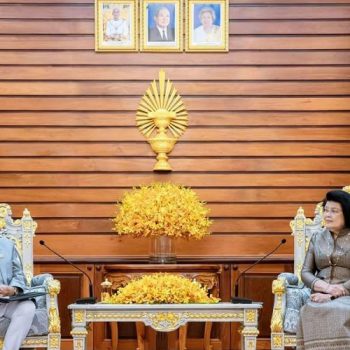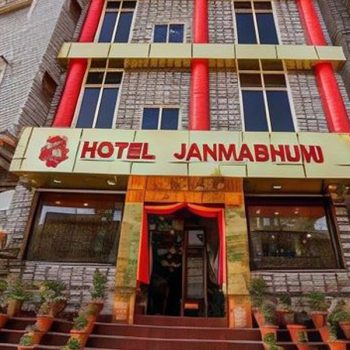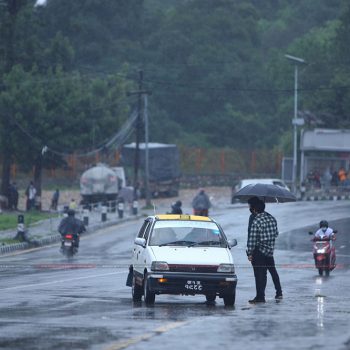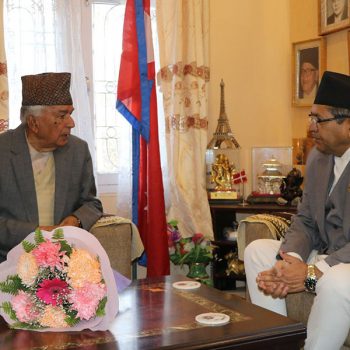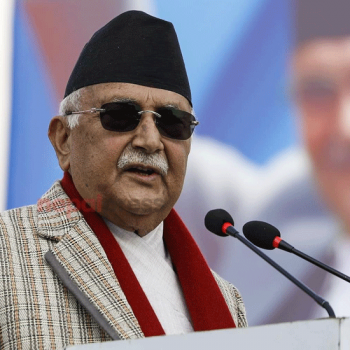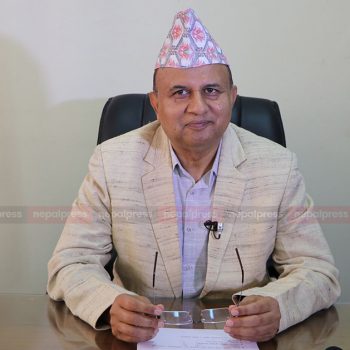Modi’s visit to Nepal aimed at exerting soft power to calm angry nerves: Chinese experts
 NepalPress
NepalPress
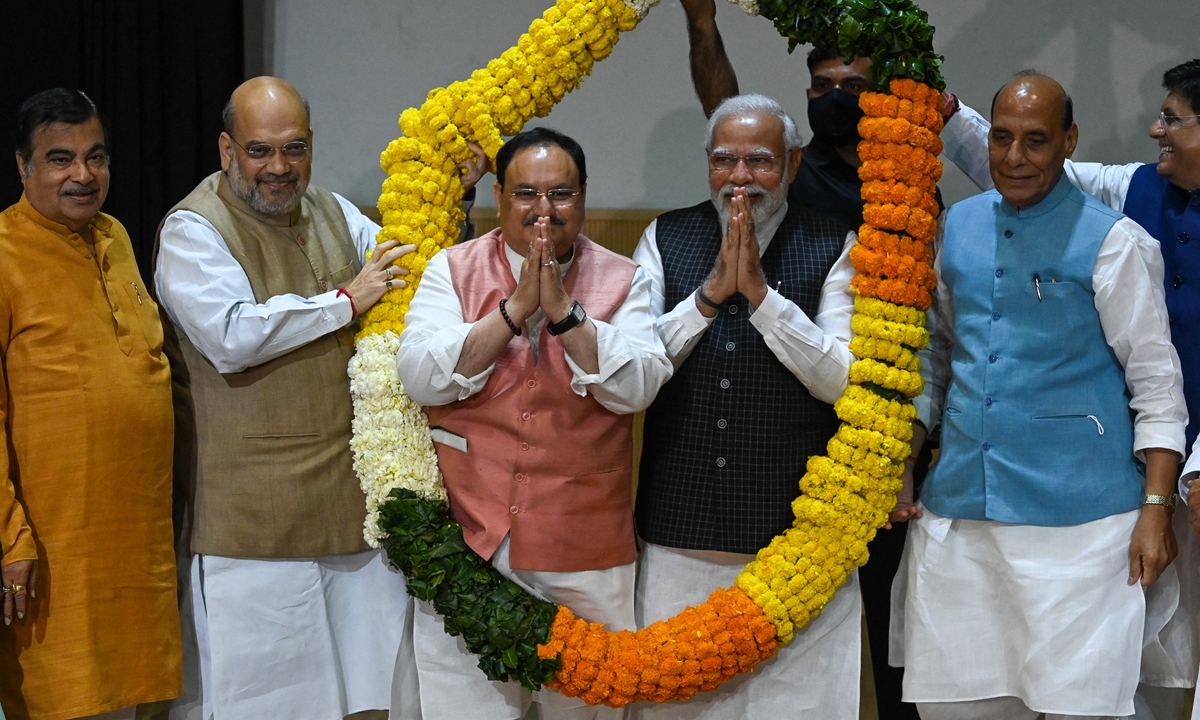
Indian Prime Minister Narendra Modi’s visit to Nepal on Monday is aimed at exerting soft power on India’s South Asian neighbor, besides the heavy influence it has on the country’s politics and economy, at a time when India’s increasingly aggressive image has provoked many in Nepal, Chinese experts said, the Global Times reported.
At the invitation of his Nepali counterpart Sher Bahadur Deuba, Modi arrived in Lumbini, Nepal on Monday for a one-day visit, offering prayers at the Maya Devi temple and participating in a ceremony to lay the foundation stone for the India International Centre for Buddhist Culture & Heritage on the occasion of Buddha Purnima, Indian media reports said.
The visit is focused on “bringing soft power to the center stage of India-Nepal relations while also marking India’s formal presence at the holy site,” the Indian Express reported.
In a statement before his visit, Modi said, “I look forward to meeting Prime Minister Deuba again after our productive discussions during his visit to India last month. We will continue to build on our shared understanding to expand cooperation in multiple areas, including in hydropower, development and connectivity.”
He described India’s ties with the neighboring country as “unparalleled.”
“India has always had a huge influence on Nepal, whether in politics, the economy, culture or religion. As Modi starts his second term, he has attached even greater importance to ties with neighboring countries, pushing forward India-Nepal relations to a new height,” Qian Feng, director of the research department at the National Strategy Institute at Tsinghua University, told the Global Times on Monday.
With the new government in Nepal led by Deuba, who is a pro-India politician, Modi’s visit to Nepal this time is an effort to strike while the iron is hot, Qian noted.
This will be Modi’s fifth visit to Nepal since 2014, and the first by any Indian Prime Minister to Lumbini. By choosing what is believed to be the birthplace of Buddha, Modi is trying to reach out to Nepali society at a time when India’s increasingly aggressive image has provoked anger in the country, experts said.
Modi’s visit will signify India’s thrust in connecting the two major pilgrimage sites on the Buddhist circuit, and take a lead in Buddhist legacy diplomacy while China, over the years, has pushed its so-called “soft Buddhism” diplomacy in Nepal, NDTV reported.
“China has never opposed India and Nepal establishing closer relations, and we hope that China and India, the two major powers neighboring Nepal, can join hands and take the responsibility to help our neighbor in terms of infrastructure and disaster relief. China has always held a positive attitude on cooperating more with India on South Asia issues, and bringing the region’s development on to a fast track,” Qian said.
Qian said Nepal will not choose sides and it can strike a balance between China and India, expressing hope that the India-Nepal talks can contribute to peace and stability in the region.
During a visit to South Asian countries in March, Chinese State Councilor and Foreign Minister Wang Yi said at a meeting with Nepali Foreign Minister Narayan Khadka in Kathmandu that no matter how the international or domestic situations of the two countries change, China will strive to promote a China-Nepal community with a shared future based on the direction set by the leaders of the two countries.
At a meeting with Indian National Security Advisor Ajit Doval in New Delhi, Wang, the highest-level Chinese official to visit India since the border clashes at Galwan Valley, said that China and India, two major developing countries and emerging economies, should stick to their own development paths and join hands to safeguard peace and stability in the region and the world, stressing the two sides should place the border issue in a proper position in bilateral relations and manage conflicts to facilitate the development of relations.
Though there has been no official word yet, developmental issues are likely to be discussed between the two prime ministers, local media reports said. India’s Foreign Secretary Vinay Mohan Kwatra recently stated that the two sides will pick up from where they left off during Deuba’s three-day visit to India last month, the first foreign visit after he took office as prime minister of Nepal.
The two sides discussed the need to sort out border disputes, especially the Lipulekh dispute that flared up in 2018-19, but Deuba’s three-day visit ended without a joint communiqué.




